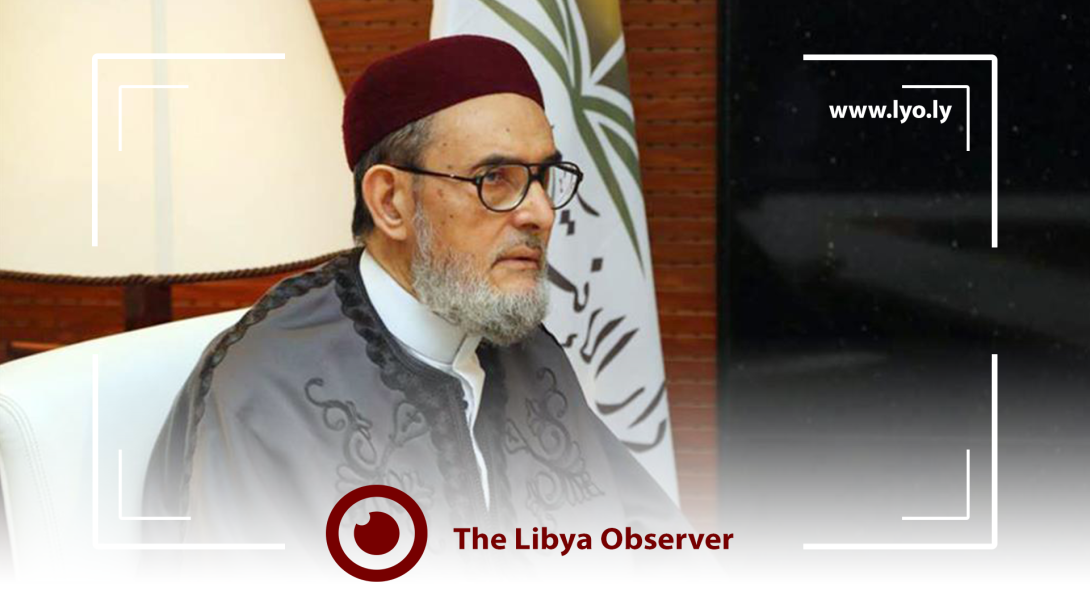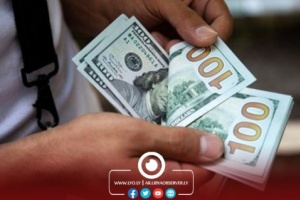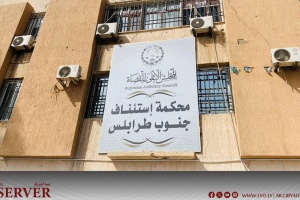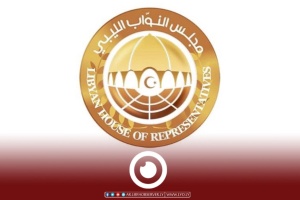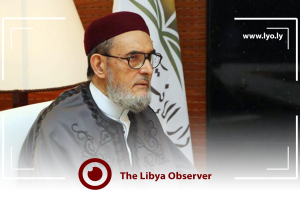The Mufti of Libya, Sheikh Al-Sadiq Al-Gharyani, said that the letter sent by the Governor of the Central Bank of Libya (CBL) to the Speaker of the House of Representatives (HoR) regarding imposing a tax on the dollar exchange rate was against Islamic Sharia laws.
Al-Gharyani added on Tanasuh TV that the one who asks to impose a tax on people in order to take it from their pockets unjustly is acting against the laws of Sharai. He explained that the tax is of two types: a tax in exchange for services, such as the services a bank performs for clients, or a tax on issuing licenses, or a tax on traffic or port movement, which is permissible and called a fee, adding that it is permissible if the counterparty fulfills the service they pledged, and then it is called a permissible tax because it is money taken in exchange for a service.
"Saying that other taxes, such as the income tax or the tax on the exchange rate, which is the imposition of a tax without a service provided to the people, is one of the greatest sins because it is a usurpation of the people’s money." He added.
The Mufti also stressed that the tax is taken when there is a real, agreed-upon interest that the country cannot improve without it, without any excess expenses, private aviation and travel, and travel allowances abroad.
"If the tax is verified and agreed upon as the only means by which you can save people and you have not spent a single penny on allowances and travel, then it is included in the permissible tax." He explained.
Al-Gharyani cited the University of Benghazi, economists, financiers, and experts who studied this tax proposal, condemned it, mentioned its flaws, and stressed that it only leads to the opposite of the purpose that the Governor of the Central Bank wants from it, saying it could lead to a decline in the value of the Libyan dinar.

